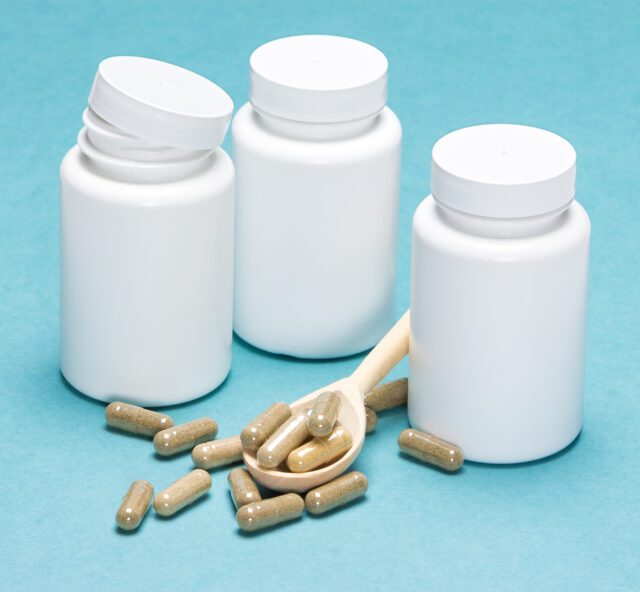Supplements are in Higher Demand than Ever Before. But is it Medicine or Marketing at Play?
If you visit the pharmacy section of your local drugstore, or even big box stores like Wal-Mart or Target, what you’re likely to see is shelves and shelves of vitamins, minerals, and other supplements. Not to mention the online presence of vitamin and supplement catalogs, or even order-by-phone options via infomercials or print advertising.
This hasn’t always been the case. Some of you may remember when there were only a few choices for the “basics” such as vitamin C or a daily multivitamin. As recent as 50 years ago, vitamins and supplements weren’t even on the radar of doctors, much less the general population.
How that has changed… In 2017, supplement sales grew 5.4%, making it a $43.4 billion dollar industry.
But what actually is driving this boom in supplement use? Is it that doctors are becoming more familiar with bodily needs? Or does pure marketing account for the hundreds of vitamins and supplements available to us today? According to a recent report, it might be a little of both.
Survey Says…
This recent survey reported that one in seven Americans take supplements (that aren’t considered “vitamins” or “minerals”) such as ginseng, fish oil, and Echinacea on a regular basis. Thirty-eight percent of the nearly 1,600 people surveyed said they had taken at least one kind of supplement in the past two years.
According to the survey, the most common reasons for taking the supplements were “to feel better, to improve energy and to boost the immune system,” but respondents also cited reasons such as to address digestive problems, ease pain and discomfort, manage cholesterol and/or blood pressure, and to boost mood or help manage depression.
The supplement most commonly taken was fish oil (or other omega-3-related supplements). In fact approximately 25 percent of the survey participants had taken this type of supplement in the past two years.
Why the Increase?
Here is where things get a little cloudy. Even though 14 percent reported taking supplements regularly, only 30 percent of them had been recommended to do so by a doctor or a nurse. And many had not even informed their healthcare providers of adding supplements to their daily regimens.
So if your Doctor isn’t suggesting supplement use, why might you feel the need to take action on your own?
The authors of the study suggested that “perception of benefits rather than quantifiable, research-based evidence appears to drive many people to take supplements.” They added that this perception may be influenced by such things as gym friends, peer pressure, health “experts” (other than their primary physician), TV, the internet, and other media outlets.
But could the reason also be that when it comes to “holistic” approaches to health, many doctors and other healthcare providers are simply lacking in research and results? After all, there have only recently been truly comprehensive studies into the amazing benefits of ingredients like Ginkgo Biloba, fish oil, and CoQ10, to name a few. Might the general population be taking charge of their health in ways that are, quite honestly, beyond mainstream medicine’s scope of knowledge?
To truly answer that question, of course, more research is due. Thankfully we have holistic health experts and others interested in the purity of natural medicine who are pushing for that research – some even funding it themselves. And with information available today at our fingertips, more people are questioning their general practitioners….which is a good thing. Personal and financial motives of some health professionals, and “Big Pharma”, unfortunately can cloud their direction – so we must stay informed, and be proactive in our quest for healthy lifestyles.
Safety First
If you are taking supplements, we urge you to let your Doctor know! Whether they will agree with your regimen or not, they most likely will have information and insight as to the potential dangers of mixing them with your current prescription drugs or over-the-counter medications. While many supplements contain “all-natural” ingredients, interactions can occur – some of them even life-threatening. It’s best to err on the side of caution!
Insider’s Health Exclusive –>>: Click Here to Find out The ONE “Weird Trick” that reduces your terminal disease risk by OVER 70% (and NONE of us are doing it)









